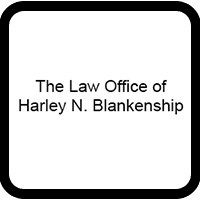Payneville Felony Lawyer, Kentucky
Sponsored Law Firm
-
 x
x

Click For More Info:
-
Law Office of Mark S. Guralnick
55 Madison Avenue 4th Floor Morristown, NJ 07960» view mapCriminal Defense Law Dedicated. Fearless. Successful.
Mark S. Guralnick and his legal team have helped clients throughout the USA and across the world by applying unparalleled dedication and hard work to each case.
800-399-8371
Not enough matches for Payneville Felony lawyer.
Below are all Payneville Criminal lawyers.
Krsna Tibbs
✓ VERIFIEDOriginally from Atlanta, Georgia, Mr. Tibbs considers himself a Louisvillian, having lived here for two decades and counting. He first came to town to... (more)
David M. Schuler
✓ VERIFIEDDavid Schuler is an assertive, experienced, auto accident attorney in Kentucky who is a dedicated advocate for injured people and those accused of cri... (more)
Bryan Hamilton Hayes
✓ VERIFIEDBryan Hamilton Hayes is a practicing lawyer in the state of Kentucky handling criminal defense and family law cases.
David William Spalding
✓ VERIFIEDDavid Spalding was admitted to the Kentucky Bar Association in 2019. As a Paralegal, he has nearly a decade of legal experience, having clerked in eig... (more)
Harley N. Blankenship
✓ VERIFIEDHarley Blankenship is a practicing lawyer in Louisville, KY after being admitted to the Kentucky Bar in 1970. He received his Juris Doctor in 1970 fro... (more)
 Mark Guralnick Morristown, NJ
Mark Guralnick Morristown, NJ AboutLaw Office of Mark S. Guralnick
AboutLaw Office of Mark S. Guralnick Practice AreasExpertise
Practice AreasExpertise





